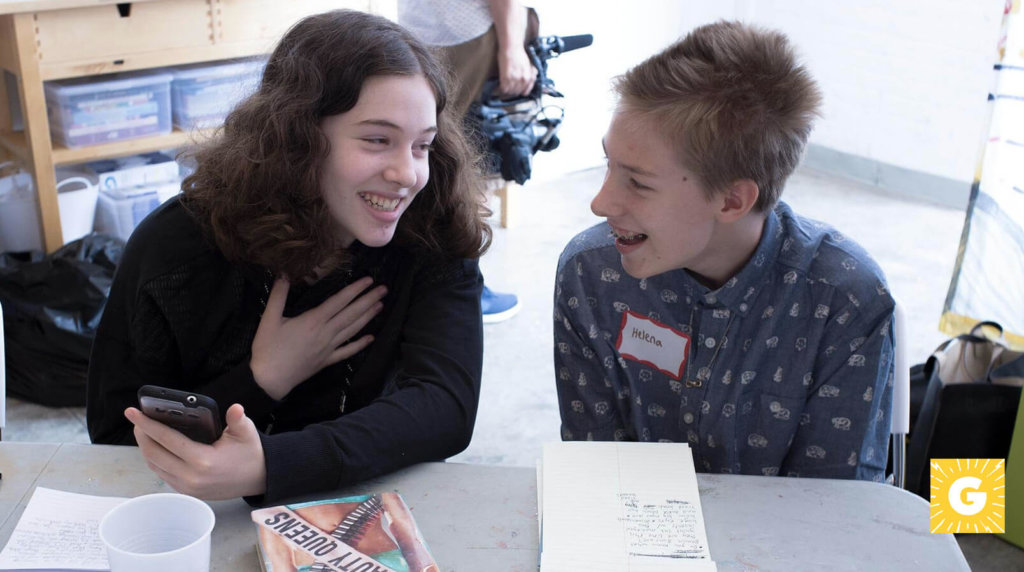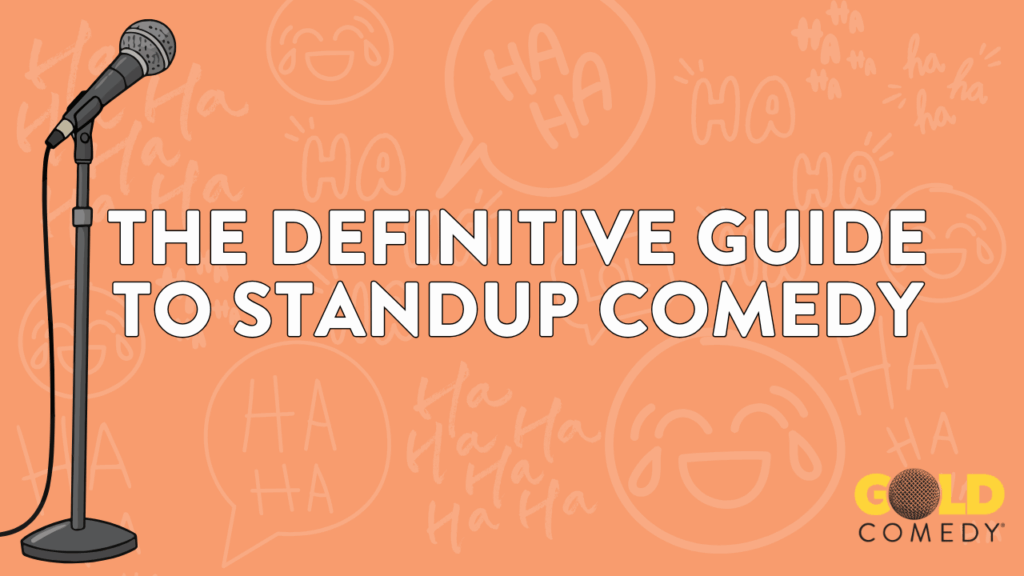How to collaborate in comedy with literally anyone ever

Sure, I do solo comedy. But I’ve been collaborating in one form or another for the majority of my life: sketch, improv, choreography, directing, producing, and working in writers’ rooms. I like both ways of working, and I think the best thing you can do for yourself is know how to do either one.
Finding a great writing partner, producing partner, or any other sort of comedy collaborator is a worthy goal. Working with someone else can make your creative life so much richer.
It can also make it a lot more complicated because now, instead of only navigating your own hang-ups, craziness, bad moods and assorted mishegas, you’ve also got someone else’s to contend with.
Add to that, there’s no playbook for a working relationship with your funny friends.
So I’ve written a little primer for you, replete with tips and tricks to remember as you bring collaborators into your (previously solo) process—and alphabetized for maximum adorableness.
Always encourage your collaborators and let them know when they’re doing a good job.
“Between you and me” — Or maybe not. Gossip is toxic and will always come back to haunt you.
Constantly check in on deadlines to make sure that your partner knows what is due, when.
Deadlines are the only way. Create them for yourself. Little ones and big ones all along your path.
Everyone you meet is a potential collaborator. Treat people with respect (until they really blow it and then GTFO).
Forgive small mistakes. We are all learning. Learn and move forward and help your collaborators to do the same.
Give all of yourself to your projects or don’t bother doing them. If it’s worth doing, it’s worth doing well.
Have fun working together with your friends. When it stops being fun, notice — and make changes.
It’s okay to put yourself first. Make sure that you are not giving too much and getting nothing back. This should be an equal exchange.
Just say no to people who make you feel like garbage. You don’t need a collaborator who belittles you. There are plenty of fish in the sea.
Kick butt. Celebrate. Relax. Repeat.
Lone writing is not a bad thing. It’s great to take a break from collaborators sometimes and do it all on your own. You’ll learn a lot. See which way you prefer.
Make friends with people whose energy and work ethic you admire. Talent is nice, but over time, work ethic and positive energy will take you further. Seek out people who are talented and have an indefatigable spirit.
Nobody knows you better than yourself. Speak up about your needs creatively, financially, and in terms of time management. Don’t let alpha personalities silence you, and don’t step on the voices of others either.
Open yourself up to your writing partner’s ideas. Accept notes. They will make your work better.
Put yourself in the shoes of your collaborator. How is s/he seeing this situation?
Quality over quantity when it comes to rehearsal and writing time. You can get a lot done in a short, focused period of time and surprisingly little done when you’re unfocused or your team is too chatty to do any writing.
Read. It makes you a better writer.
Stop comparing yourself to your collaborators. Their strengths complete your weaknesses and vice versa. You had the good sense to work with them, and that’s a skill unto itself.
Take care of your body. Don’t rehearse and write till all hours of the night. Sleep makes you more awake and therefore more talented and more FANCY.
Untangle complicated social problems as soon as you can. Don’t let bad energy fester in your group. Talk it out and get rid of it. Put the work first.
Vent your grievances to your journal or practice role-playing with another trusted friend before having a difficult conversation to your collaborator. Words matter.
Wait until the show is over to celebrate. It’s not over till it’s over. Stay focused. Eyes on the prize.
Xerox your scripts well before your rehearsal so that everyone has copies and you’re not scrambling for a Staples. By Xerox, I mean print. (Work with me here, people. X is a tough one.)
You are always learning, even though you’re already a superstar. Stay humble.
Zip Zap Zop is still a fantastic warm up for your sketch or improv group. Don’t knock it. You’ll never outgrow a game that’s all about focus.
And those are the ABC’s of Collaboration!
Tell us: Do any of these tips remind you of a good story? Let us know (keeping people anonymous, though. See the Gossip note above….) Failure and success stories welcomed!





